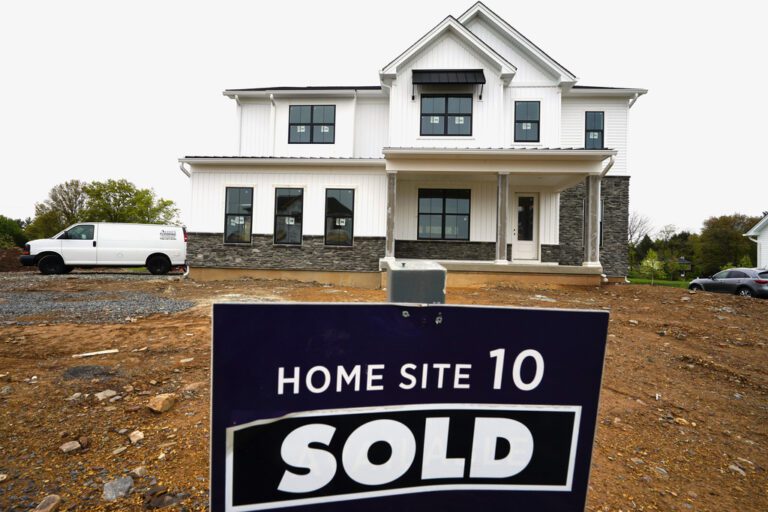Trump Proposes Elimination of Capital Gains Tax on Home Sales: A Game-Changer for the Housing Market?
In a recent discussion, President Donald Trump revealed that his administration is exploring plans to abolish federal capital gains taxes on home sales. This potential shift aims to invigorate the housing market during challenging economic times.
Understanding Capital Gains Tax on Home Sales
Capital gains tax applies to the profit made from the sale of an asset, including homes. Under current regulations:
- Single homeowners can exclude up to $250,000 in capital gains from taxable income on the sale of their primary residence.
- Married couples filing jointly can exclude up to $500,000.
These exemption limits have remained stagnant since 1997.
The Proposal and Its Origin
During an Oval Office meeting with Philippine President Ferdinand Marcos Jr., Trump stated, “We are thinking about no tax on capital gains on houses.” This proposal aligns closely with the "No Tax on Home Sales Act," recently introduced by Congresswoman Marjorie Taylor Greene.
Trump’s comments suggest that this idea is under consideration, raising questions about potential collaboration with Congress. When asked by Brian Glenn of Real America’s Voice about the measure, Trump intriguingly replied, “Nobody knew that, how did you find that out?”
Potential Impact on Homeowners
According to the National Association of Realtors, approximately 29 million homeowners—especially in high-cost states like California and Massachusetts—could benefit significantly from this proposal. Many of these homeowners have seen their home equity swell beyond the current exemption thresholds, making them liable for capital gains taxes.
Why Change Is Needed
- Economic Stimulus: Eliminating the capital gains tax could encourage homeowners to sell their properties, thereby increasing housing inventory and stimulating the market.
- Long-Stagnant Exemptions: The current thresholds have not been updated since 1997, and many argue they no longer reflect today’s real estate dynamics.
The Road to Implementation
While the idea is ambitious, it would require Congressional approval to become a reality. President Trump cannot unilaterally implement such a significant tax change.
Alternative Solutions
In addition to proposing the elimination of capital gains taxes, Trump believes the Federal Reserve could play a crucial role in stimulating the economy by lowering interest rates. He remarked, “If the Fed would lower rates, we wouldn’t have to do that.”
Trump has been critical of Federal Reserve Chairman Jerome Powell, urging him to take more aggressive action to foster economic growth. Powell has resisted these calls, citing potential inflation risks associated with tariffs imposed during Trump’s administration.
Conclusion
Trump’s proposal to eliminate the federal capital gains tax on home sales may offer a new pathway to revitalize the housing market, especially for homeowners who currently face heavy tax implications. However, without legislative support, this plan remains theoretical. As discussions continue, the interplay between the administration and Congress will be essential in determining the future of this significant tax change.
For more insights into the implications of capital gains taxes on real estate, check out these resources: National Association of Realtors and Federal Reserve Economic Policy.


